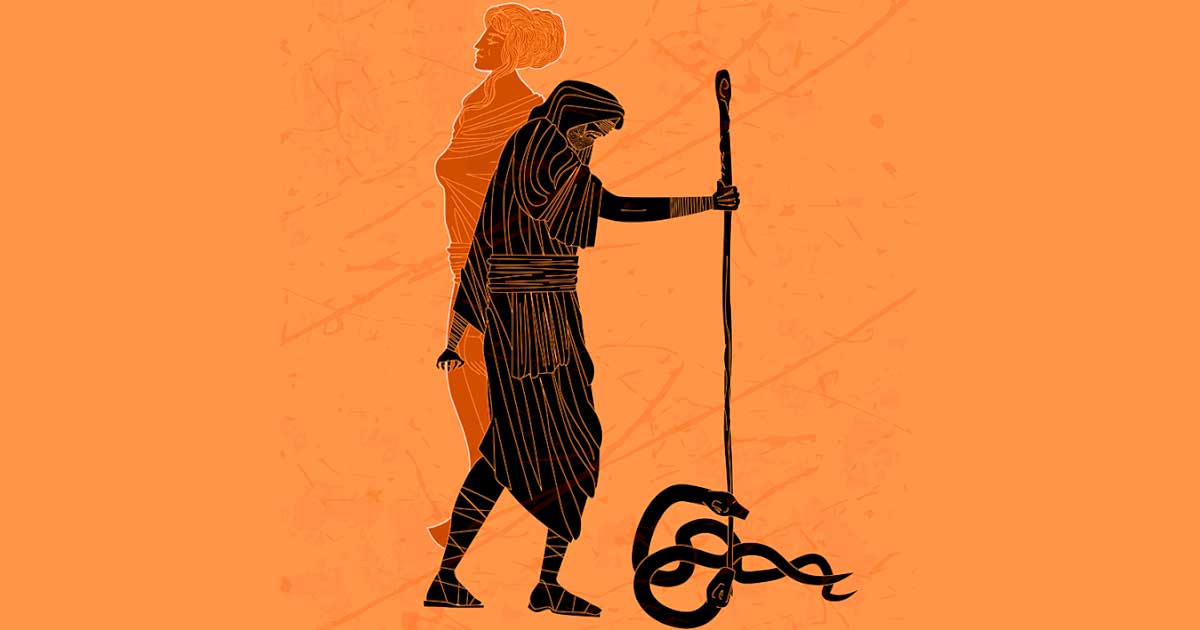

(Or, as the Bible bluntly puts it, the love of money is the root of all evil.) The moral of King Midas, of course, was not that he was famed for his wealth and success, but that his greed for gold was his undoing: the story, if anything, is a warning about the dangers of corruption that money and riches can bring. However, as this last example shows, we often employ these myths in ways which run quite contrary to the moral messages the original myths impart.

We describe a challenging undertaking as a Herculean task, and speak of somebody who enjoys great success as having the Midas touch. So we describe somebody’s weakness as their Achilles heel, or we talk about the dangers of opening up Pandora’s box. The Greek myths are over two thousand years old – and perhaps, in their earliest forms, much older – and yet many stories from Greek mythology, and phrases derived from those stories, are part of our everyday speech. Indeed, Eliot’s notes to The Waste Land state that what Tiresias ‘ sees’ (or foresees) forms the substance of the whole poem, raising the intriguing possibility that the ‘Unreal City’ Eliot depicts in that poem is a prophecy of the future as much as it a vision of contemporary (for 1922, anyway) London.


 0 kommentar(er)
0 kommentar(er)
